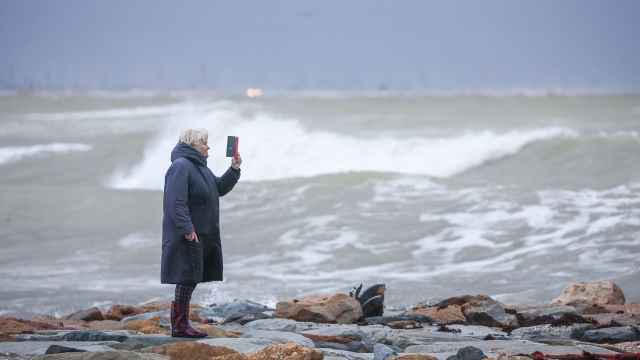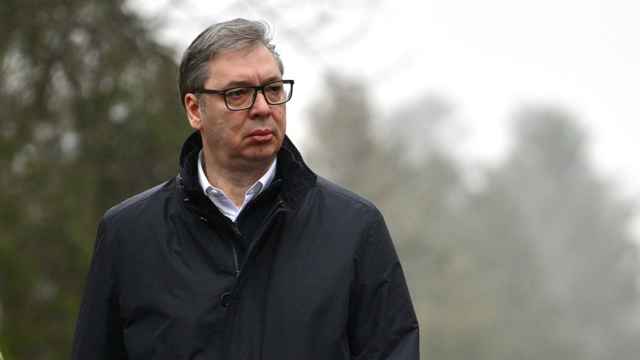Gevork Vartanyan, the legendary Soviet spy who foiled Nazi Germany's assassination attempt on the leaders of the Allied powers in Tehran in 1943, died in a Moscow hospital Tuesday. He was 88.
Vartanyan was the son of an Iranian-Armenian entrepreneur who worked for Soviet intelligence and moved to Tehran in 1930 on orders from his handlers.
Vartanyan Jr. was employed by the Soviet intelligence service in 1940 and spent decades working undercover in the Middle East, as well as Western countries. He partnered with his wife Goar, who was also a spy.
Vartanyan did not settle in the USSR until 1986, two years after he was awarded the Hero of The Soviet Union. His identity was only disclosed by Russia's Foreign Intelligence Service in 2000.
The spy, known by his handlers as Amir, will be buried in his native Armenia. News about his death was broken on Tuesday by Armenpress, an Armenian-based news agency.
Vartanyan's lengthy track record remains mostly classified, but he is known to have been instrumental in preventing an attempt on the lives of Soviet leader Joseph Stalin, British Prime Minister Winston Churchill and U.S. President Franklin Delano Roosevelt during their conference in the Iranian capital at the heyday of World War II.
In 1980, the story was depicted in "Assassination Attempt," a Soviet-French co-production starring French actor Alain Delon. The film, which topped the Soviet box office, featured Russian actor Igor Kostolevsky in a role based on Vartanyan.
But the real spy, who was 19 at the time, was reluctant to discuss the operation in the few recent interviews he gave. In a rare show of openness, he to Communist newspaper Zavtra in 2007 about how his group of seven defeated their Nazi counterparts in Funkspiel a radio game between spies.
Vartanyan, who retired in 1992, also reminisced about the constant strain during the operation. "Even in the company [of friends], you had to be cautious, because you could find provocateurs even among your own people," he said in the interview.
A Message from The Moscow Times:
Dear readers,
We are facing unprecedented challenges. Russia's Prosecutor General's Office has designated The Moscow Times as an "undesirable" organization, criminalizing our work and putting our staff at risk of prosecution. This follows our earlier unjust labeling as a "foreign agent."
These actions are direct attempts to silence independent journalism in Russia. The authorities claim our work "discredits the decisions of the Russian leadership." We see things differently: we strive to provide accurate, unbiased reporting on Russia.
We, the journalists of The Moscow Times, refuse to be silenced. But to continue our work, we need your help.
Your support, no matter how small, makes a world of difference. If you can, please support us monthly starting from just $2. It's quick to set up, and every contribution makes a significant impact.
By supporting The Moscow Times, you're defending open, independent journalism in the face of repression. Thank you for standing with us.
Remind me later.





